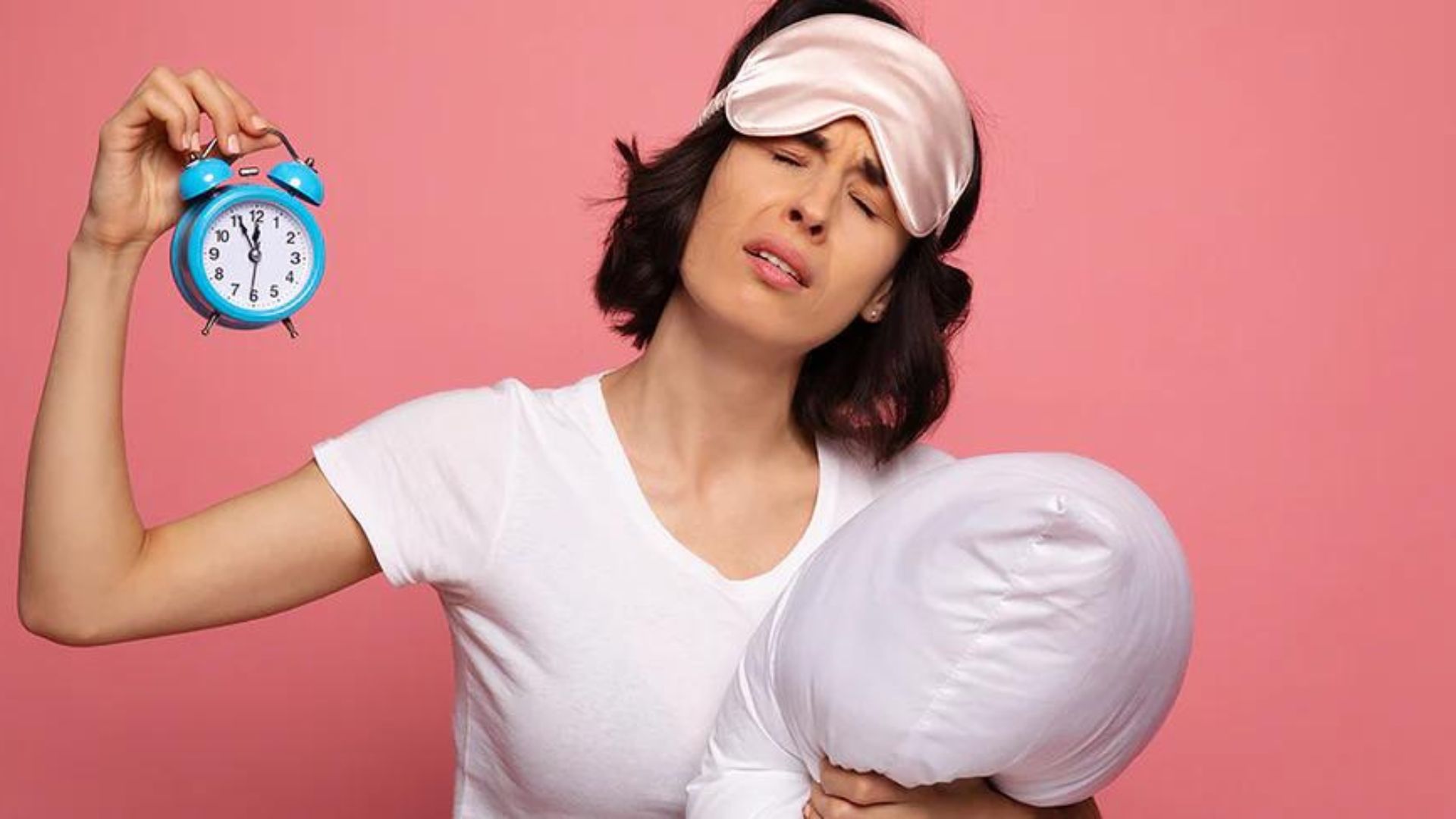We all know the importance of sleep for feeling well-rested and energized. But did you know that catching those precious hours of shut-eye also plays a crucial role in maintaining healthy, radiant skin and luscious hair? Here’s a deep dive into how sleep impacts your skin, revealing the beauty benefits you reap when you prioritize a good night’s sleep.

Sleep and Skin Cell Repair
While you drift off to dreamland, your body isn’t resting entirely. At night, your skin enters a restorative phase, working hard to repair the damage it sustains throughout the day from environmental aggressors like UV rays and pollution. During this sleep-induced repair process, your skin produces collagen, a protein that provides elasticity and keeps your skin looking plump and youthful. How sleep impacts your skin becomes evident when you don’t get enough sleep – collagen production slows down, leading to wrinkles and sagging skin.
Sleep and Skin Hydration
Sleep and Inflammation
Chronic sleep loss contributes to increased levels of cortisol, the stress hormone. Cortisol can trigger inflammation throughout the body, and your skin isn’t immune. This inflammation can manifest as acne breakouts, redness, and other skin issues. How sleep impacts your skin in terms of inflammation is significant – prioritizing sleep helps regulate cortisol levels, promoting a calmer, clearer complexion.
Sleep and Skin Barrier Function
Sleep and Overall Skin Health
The benefits of sufficient sleep for your skin go beyond the surface. A good night’s rest promotes overall skin health by boosting your immune system. When your immune system is functioning optimally, it’s better equipped to fight off bacteria that can contribute to skin problems like acne. How sleep impacts your skin holistically is undeniable – sleep is a vital ingredient for maintaining a healthy, glowing complexion.
Beyond Skin: Sleep’s Impact on Hair
Just like your skin, your hair also benefits from a good night’s sleep. During sleep, your scalp increases blood flow, delivering essential nutrients to hair follicles. This promotes hair growth and keeps your hair healthy and strong. Sleep deprivation, on the other hand, can disrupt this process, leading to hair loss and brittle strands.
Conclusion
So, the next time you’re tempted to burn the midnight oil, remember the beauty benefits you’re sacrificing. Prioritizing sleep isn’t just about feeling good; it’s about nurturing your skin and hair from the inside out. Aim for 7-8 hours of quality sleep each night, and witness the transformative power of beauty sleep!
